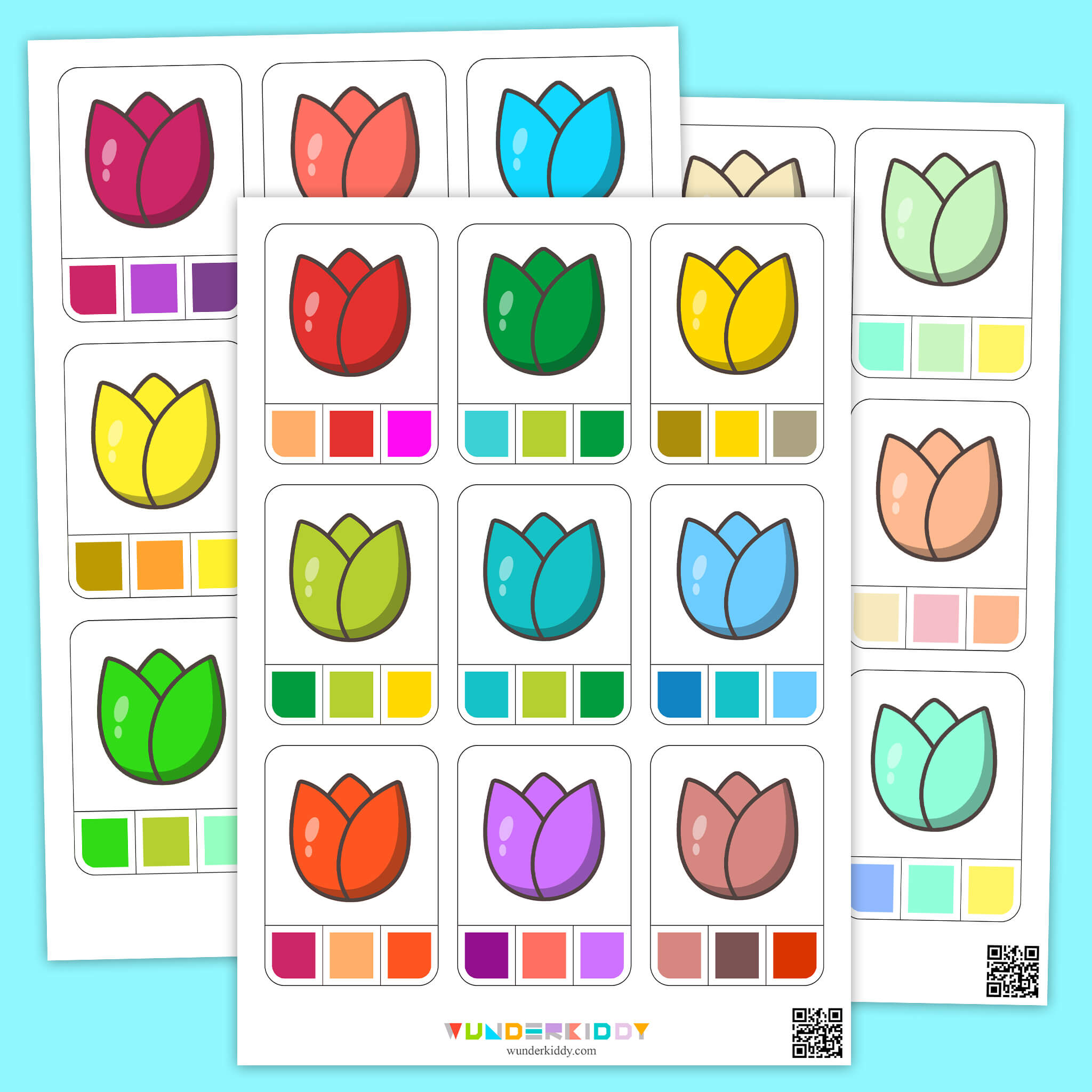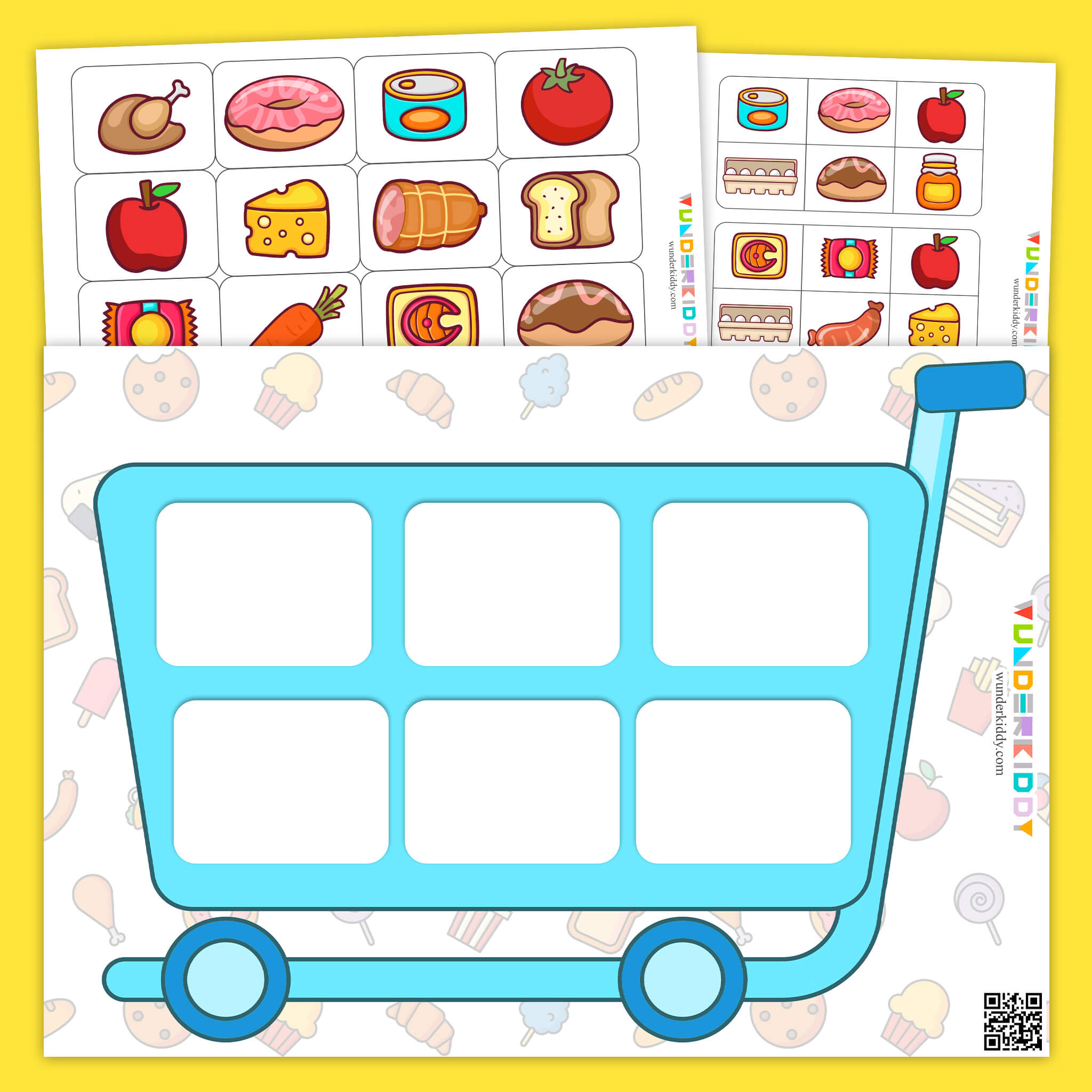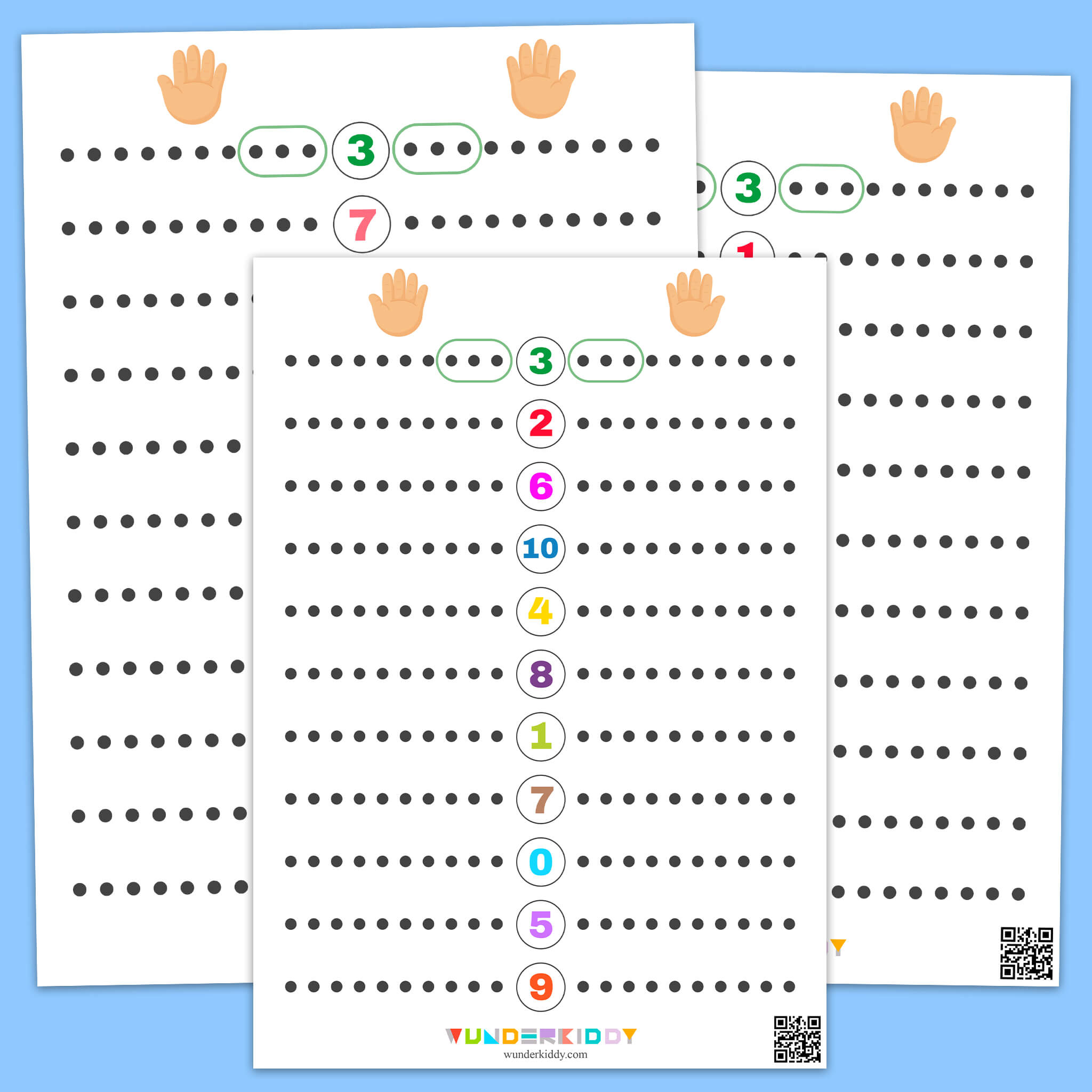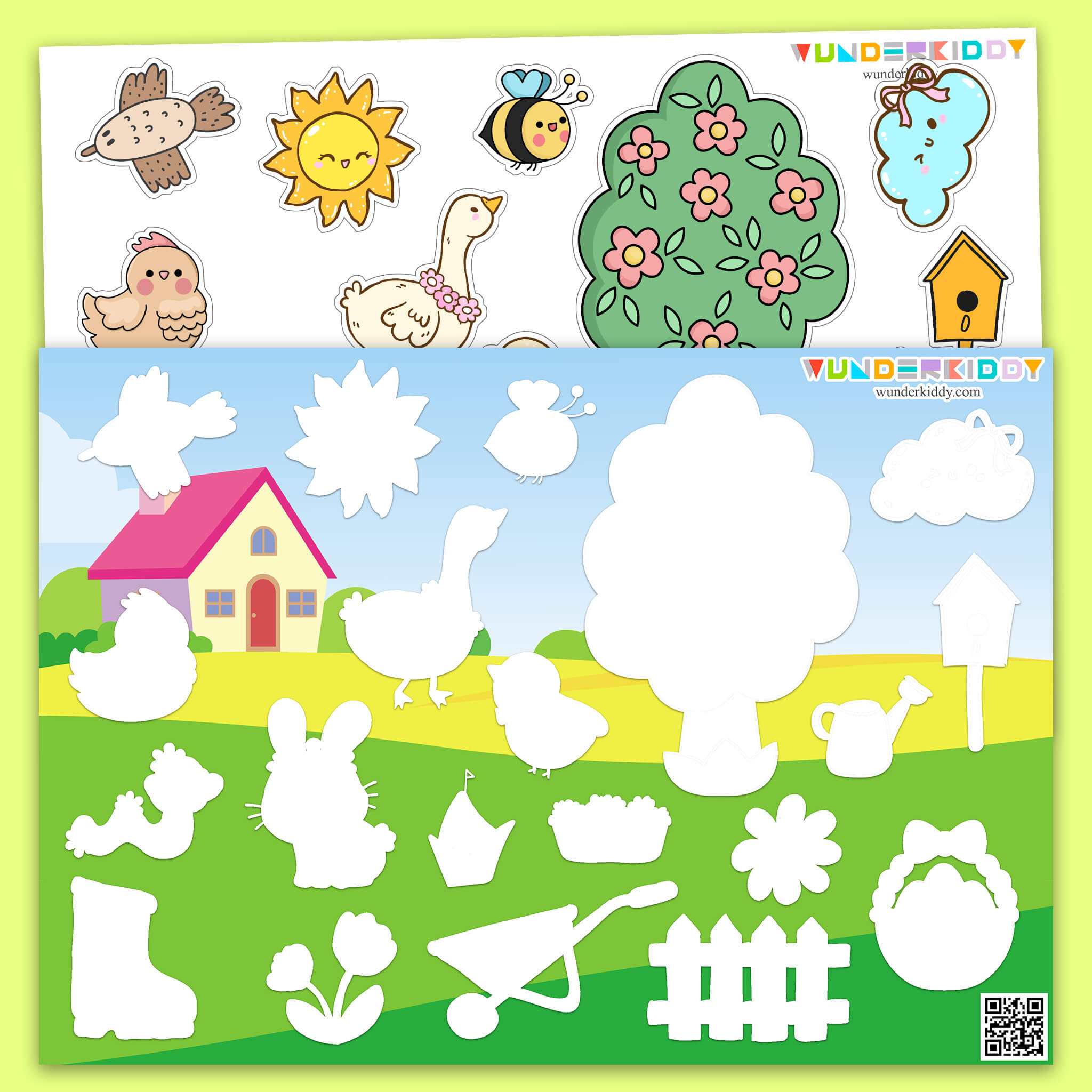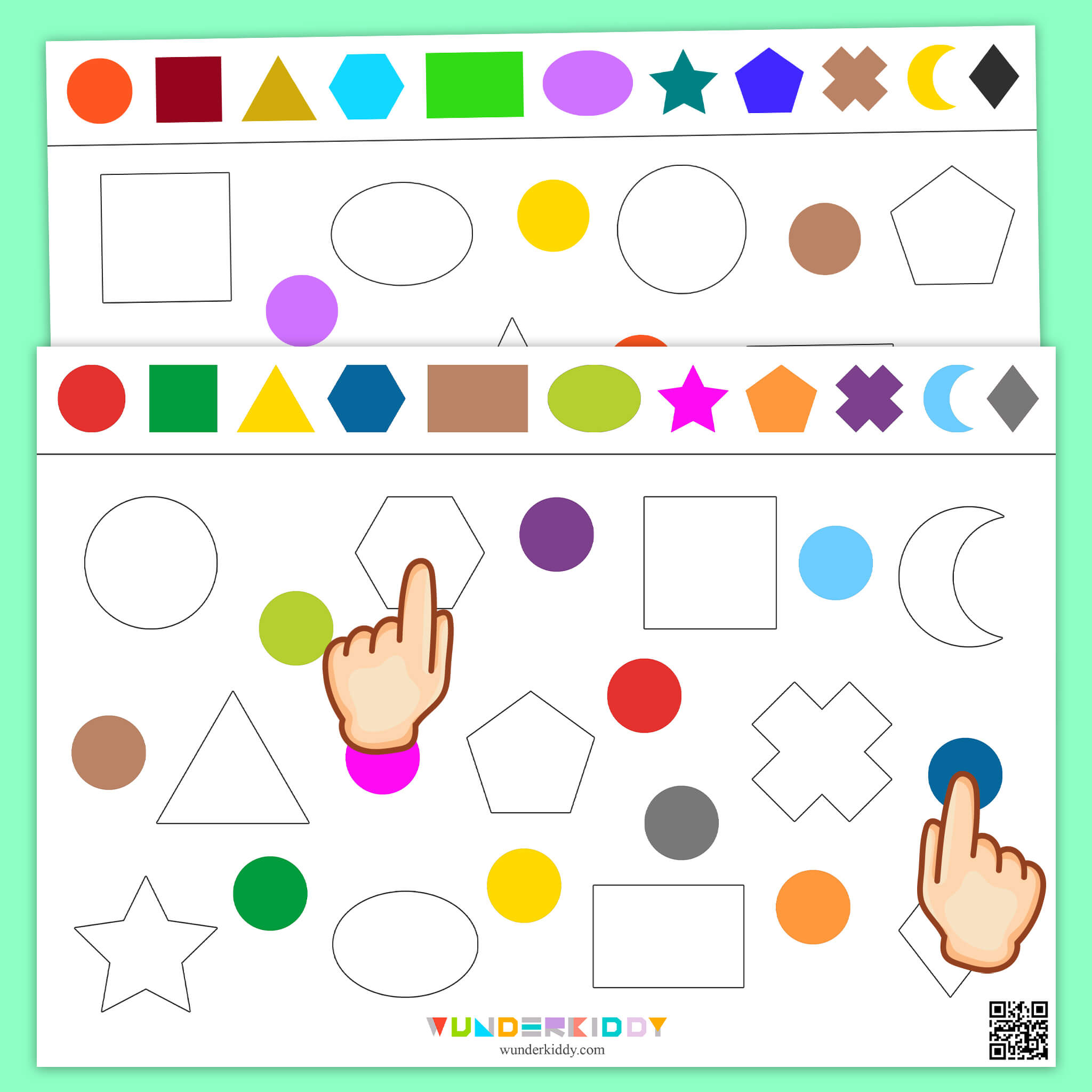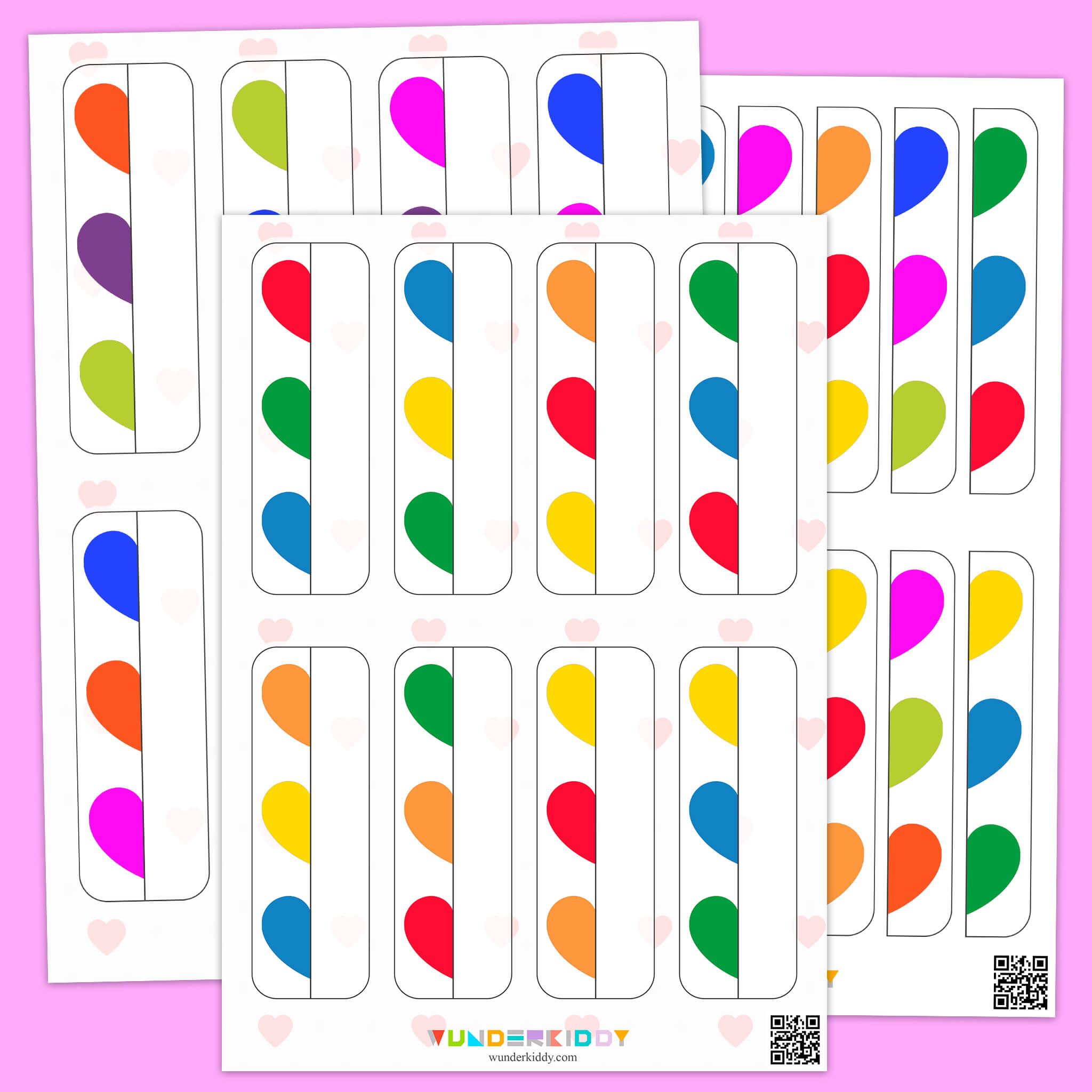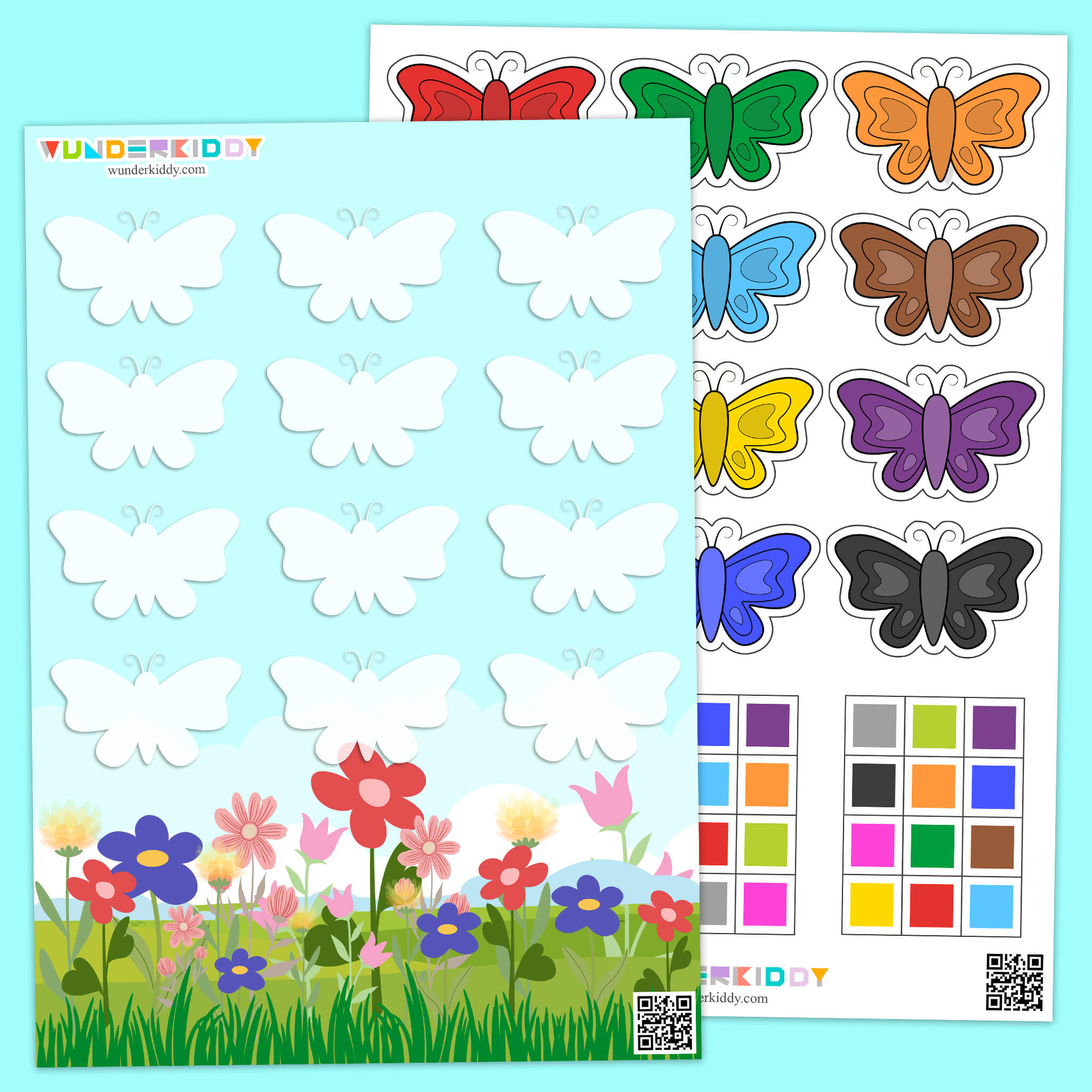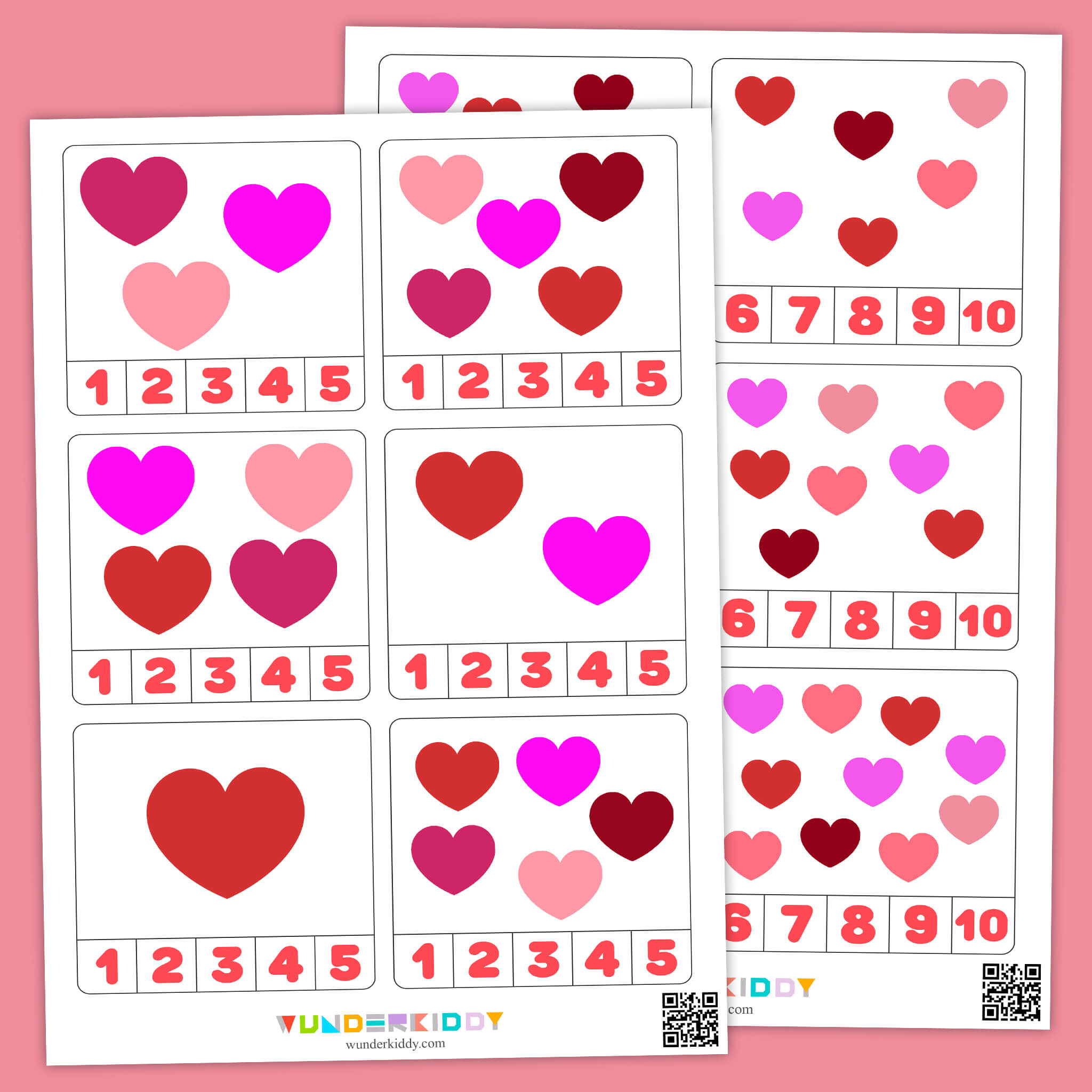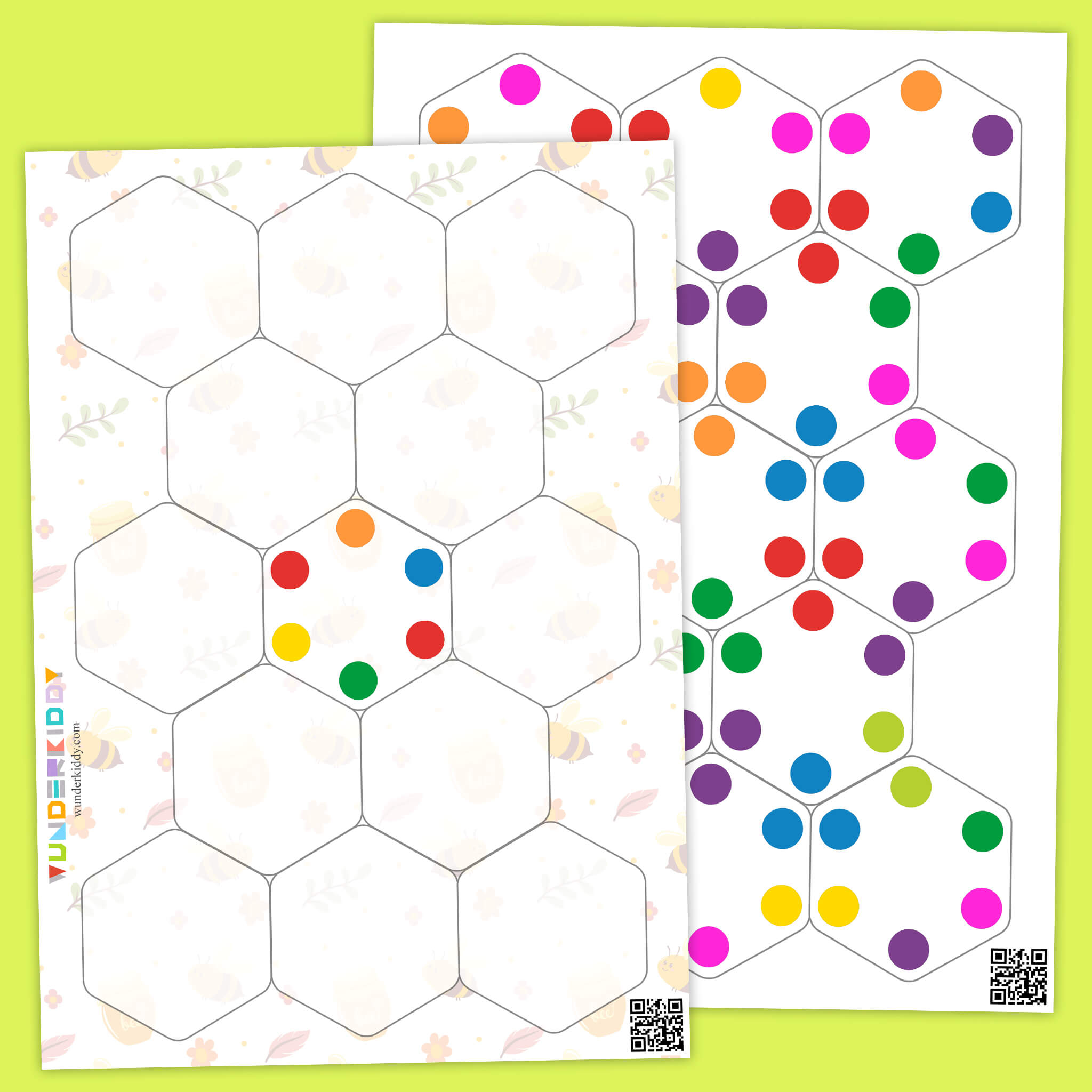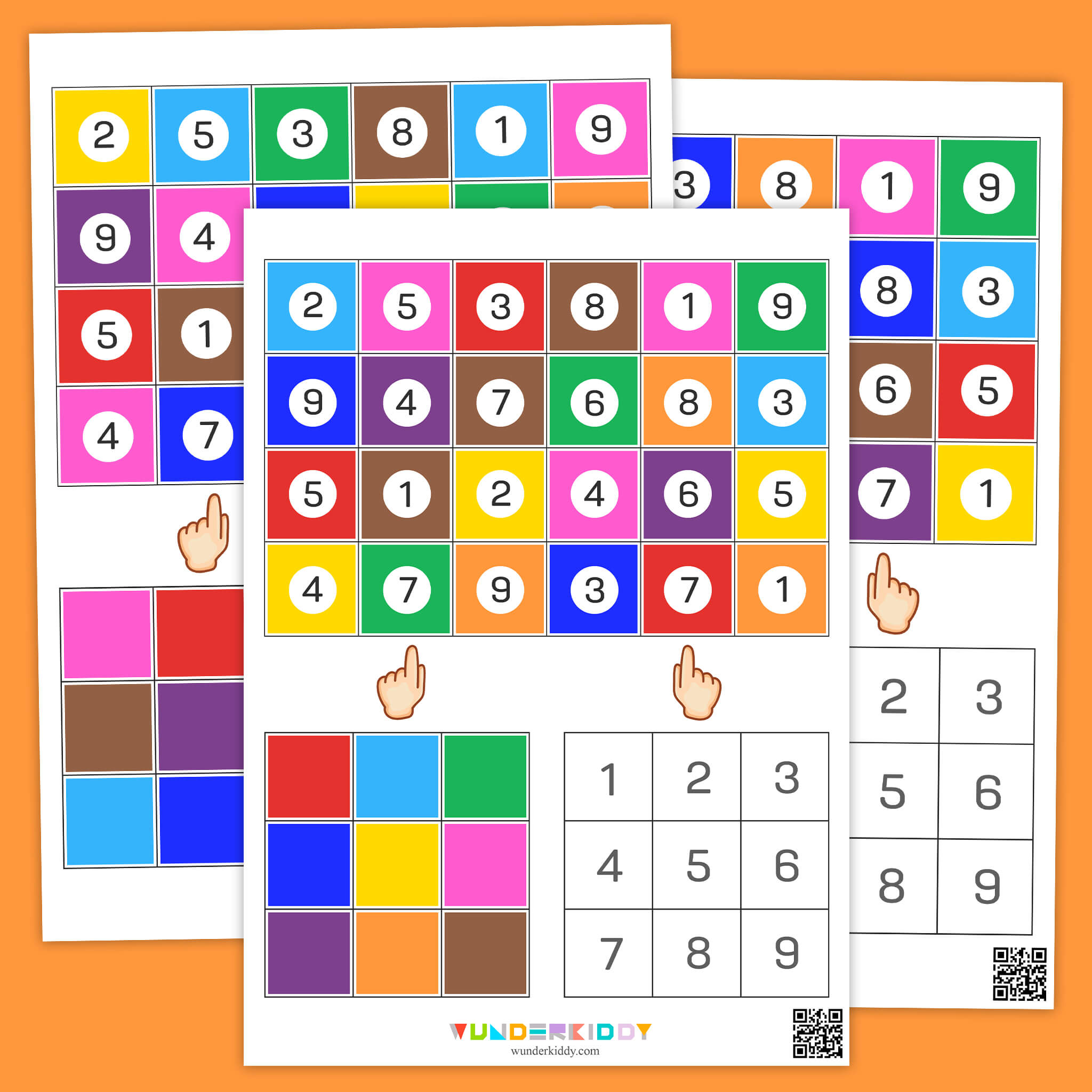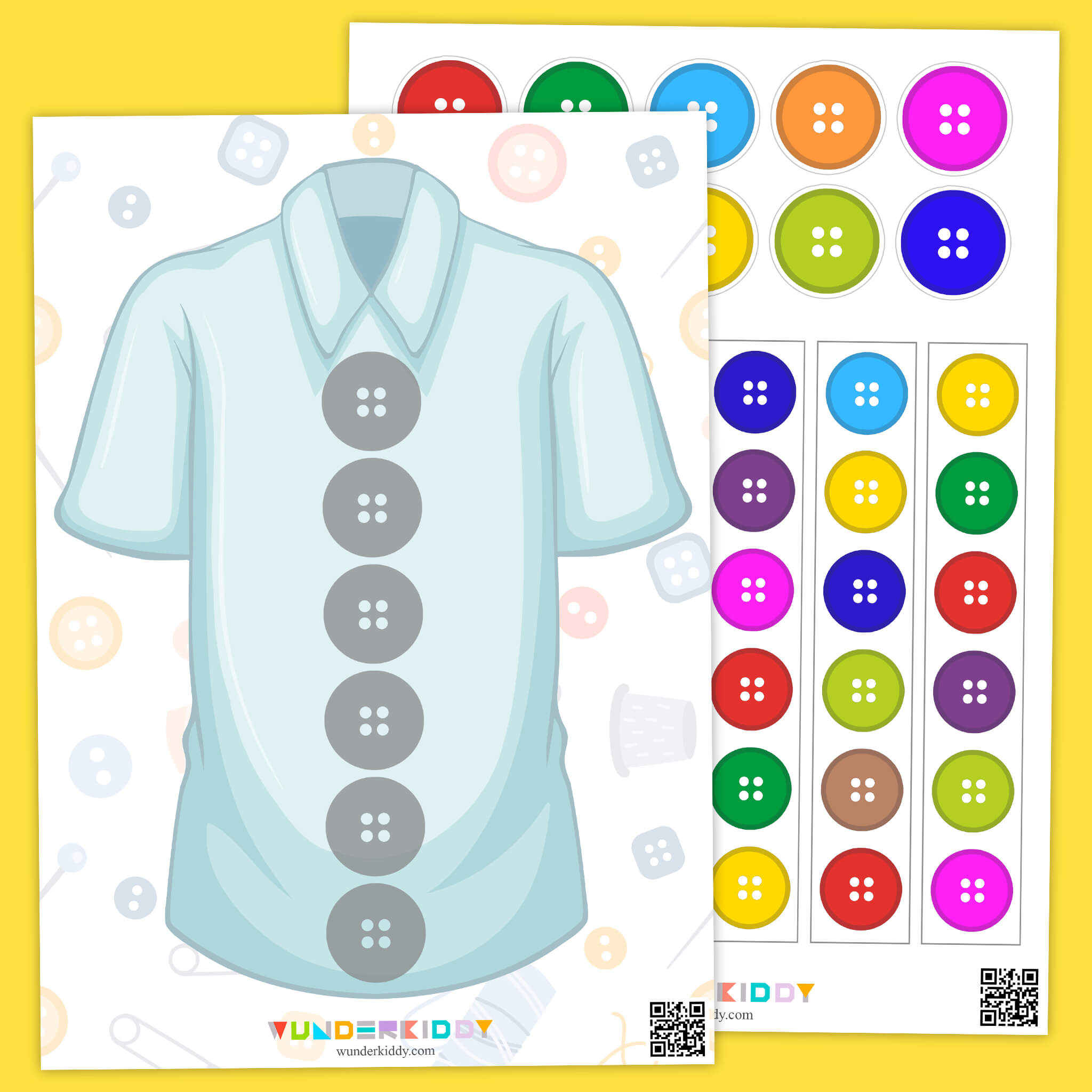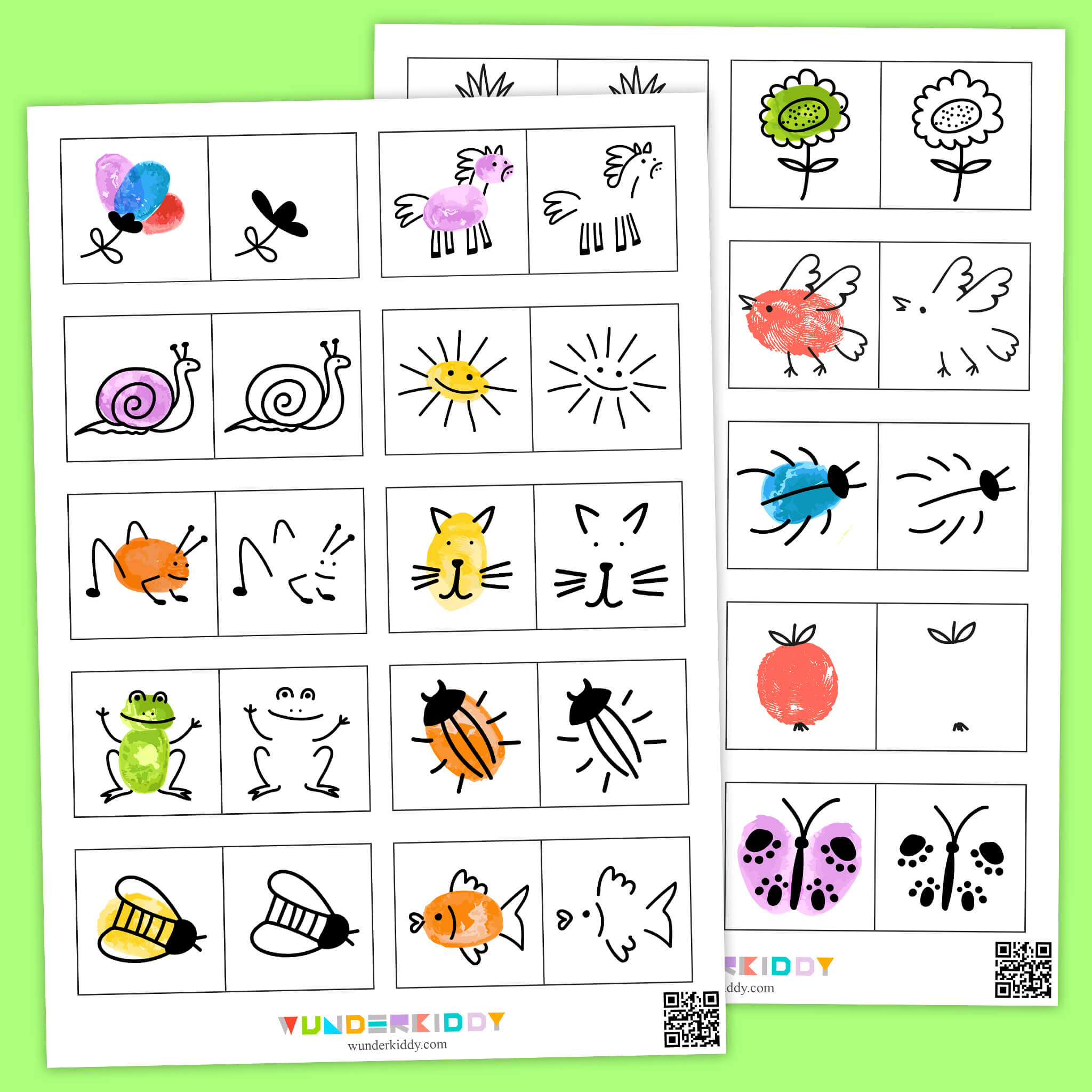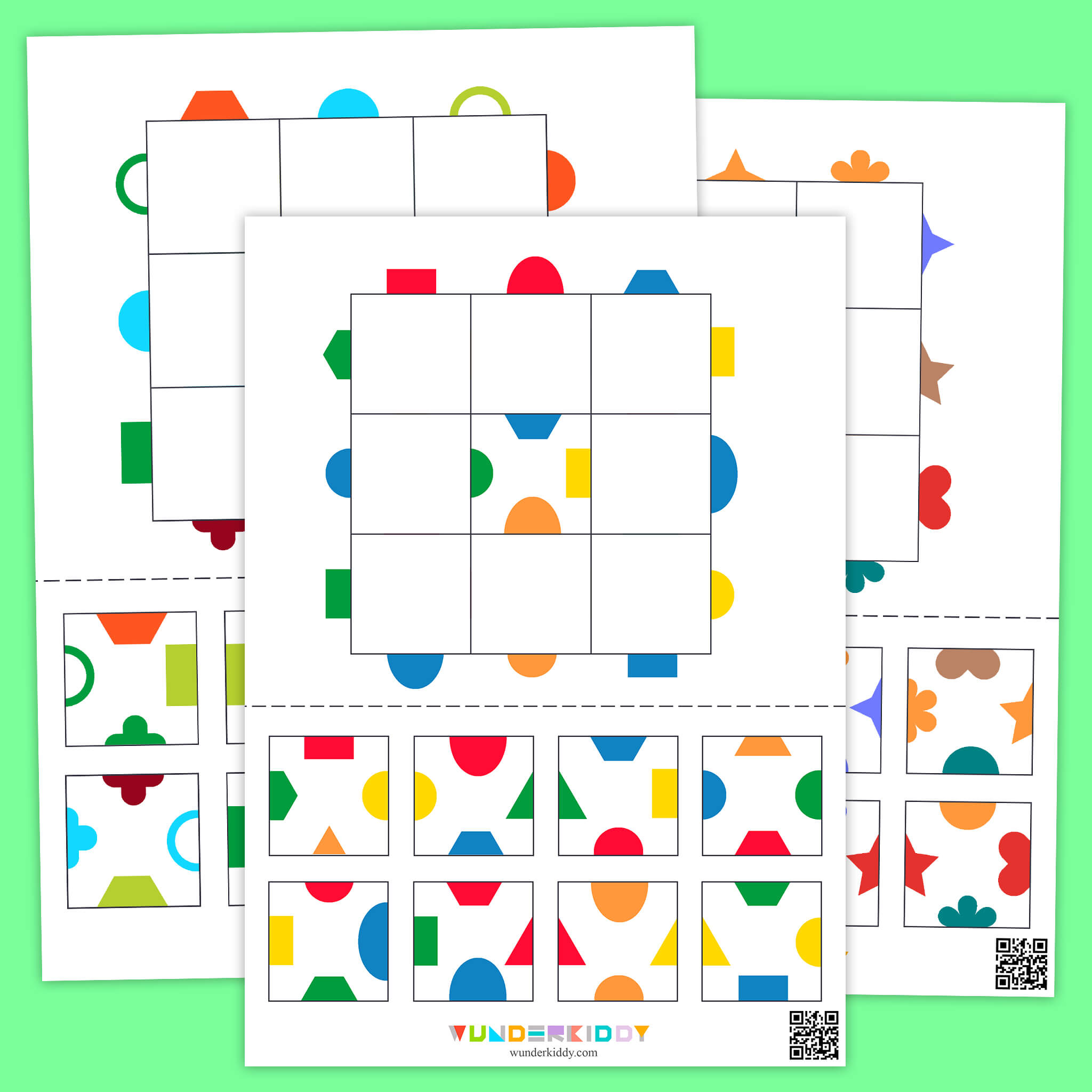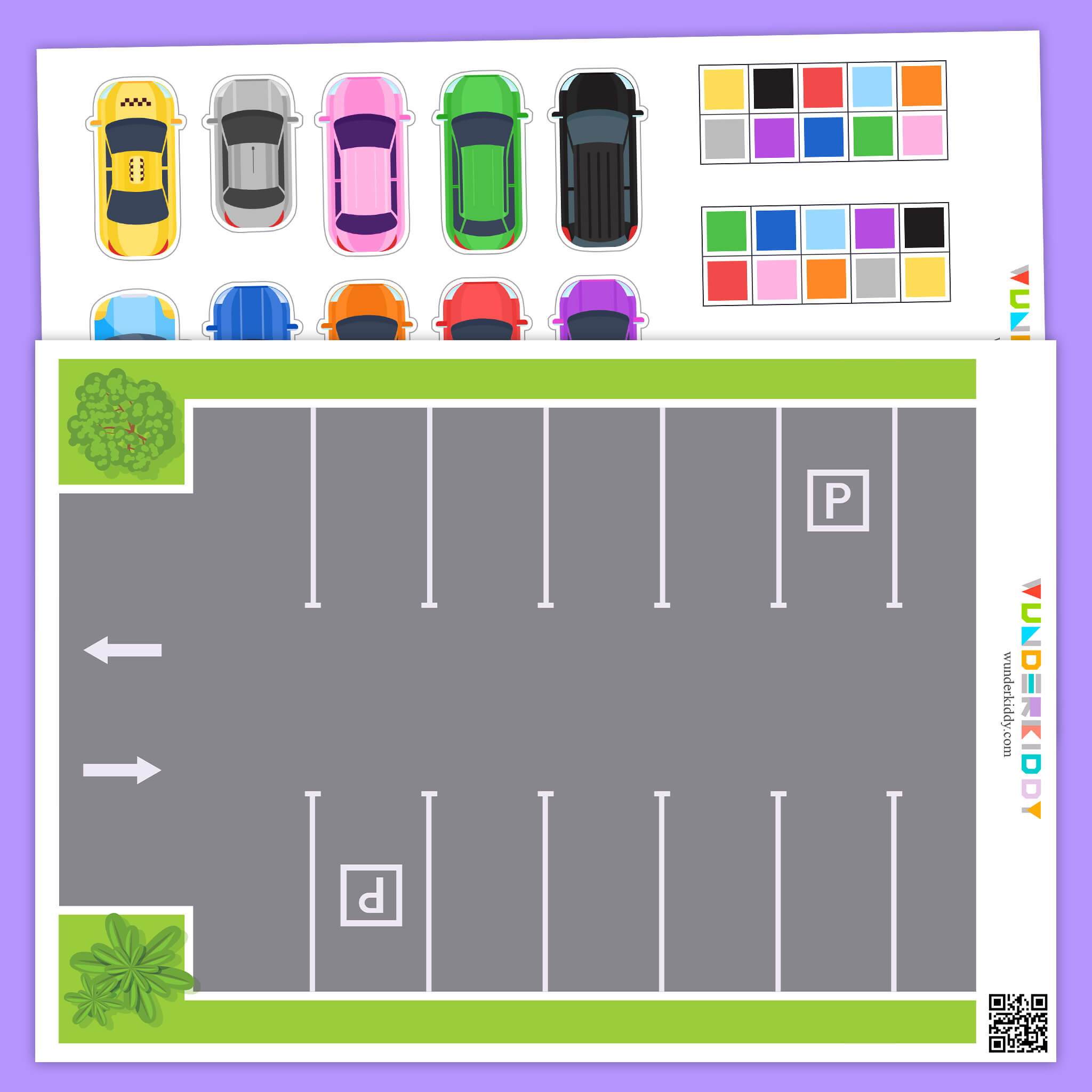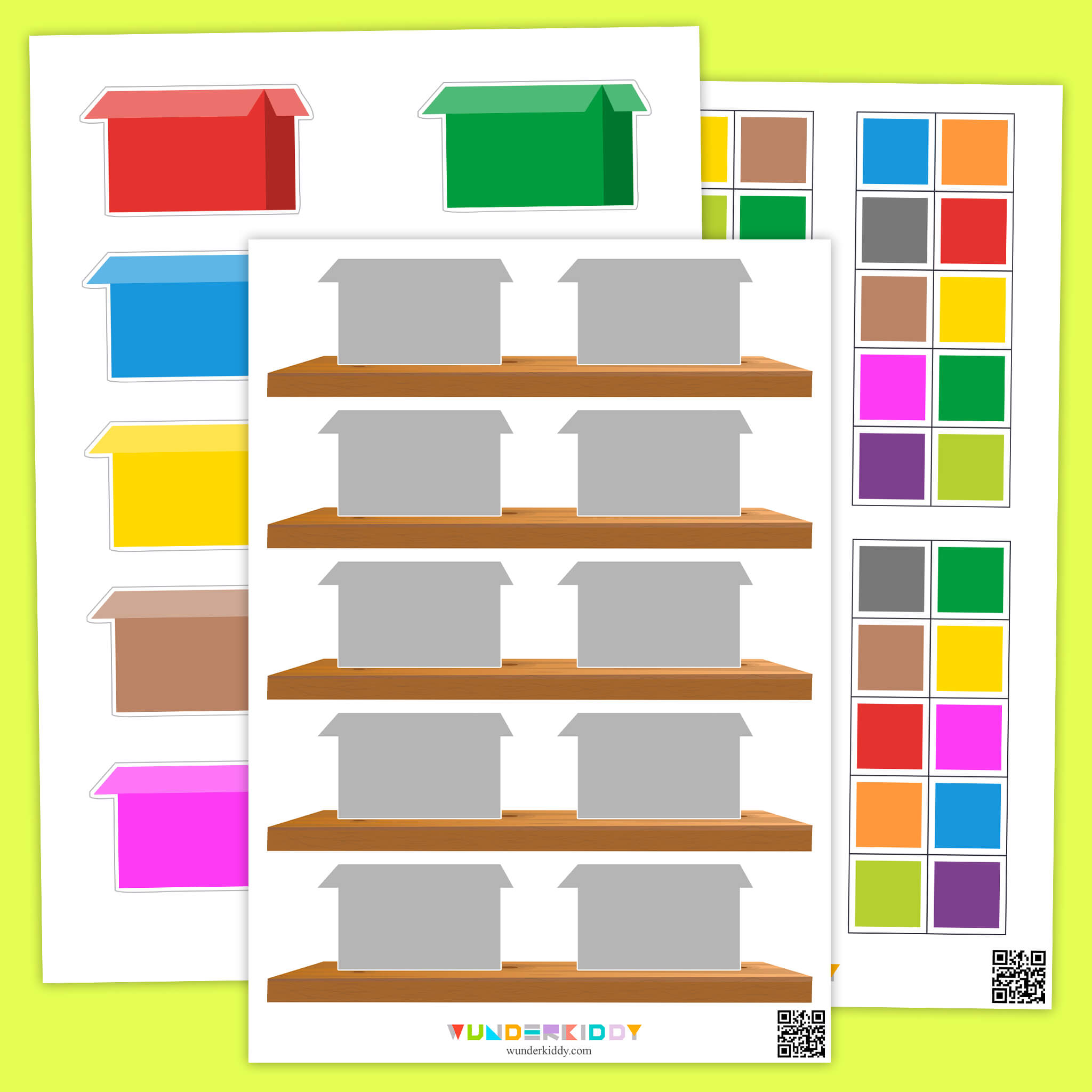Fine Motor Activities
FilterWhat is fine motor skills? It is the ability to perform precise finger movements under visual control to manipulate small objects. Fine motor skills influence the speech centers of the cerebral cortex and stimulate the development of speech, memory, and the interrelated skills of logical thinking. By stimulating the development of fine motor skills, little learners also develop their intellectual abilities and are able to perform increasingly complex tasks with each activity.
Fine motor skills are the complex coordination of the muscles of the fingers, hands, and wrists to perform a variety of tasks: eye hand coordination activities with small objects, drawing, writing, cutting, manipulating small parts of puzzles (simple puzzles for little learner preschool development, printing games, brainteasers, cards for sorting games, etc.).
Fine motor development is a long and individual process. Starting from birth, parents should pay attention to activities that develop fine motor skills in their children. With regular lessons at an early age, parents can help a child up to 3 years old to easily master the basics and learn the necessary skills. But do not forget that each child develops at their own pace, so the main task of parents is to help in the process of development, while not trying to push the baby in a hurry.
Stages of fine motor development
At each of the stages of fine motor development, attention should be paid to toys, printed developmental materials and a set of exercises for the development of fine motor skills. Depending on the age and ability of children, the development of fine motor skills has specific features that should be taken into account when planning fine motor activities for kindergarten or at home.
- From birth to 3 months. At birth, babies have weak muscles and motor skill definition. They are able to hold small objects in their hands and often drop them. Babies' movements are slow and unconscious, and the first coordination of movements can be observed at the age of 2–3 months.
- From 3 to 6 months. At this age, babies begin to actively explore the world around them through tactile sensing. Children are often interested in all the objects around them and hold different shapes and surface structures in their hands. At this age, it is extremely important to let the little learners hold objects and toys of different shapes. Up to 6 months of age, most babies have a strong interest in the world around them and begin to reach out to grasp the objects with their hands.
- From 6 to 12 months. At this age, children can firmly and confidently hold objects of different shapes and sizes in their hands, and can perform various manipulative actions with them: turning, stretching, squeezing, throwing, etc. From 6 months on, parents are recommended to pay attention to educational toys, printed games and fine motor activities for preschoolers. Sensory games, cubes, pyramids, kinetic sand, plasticine or simple puzzles would be ideal.
- From 1 to 2 years of age, children can perform more complex activities, such as holding a spoon or solving puzzles on their own. During this period, parents are recommended to select and print out fine motor skills worksheets, where children need to perform tasks with small elements: sorting, arranging, matching pairs or drawing lines with their fingers. Before the age of 2, toddlers begin to try to hold a pencil or a felt-tip pen and draw simple lines on a piece of paper.
- From ages 2 to 3, children begin to learn to construct and start the preschool scissor practice. Use templates for simple crafts and toddler cutouts to get your child interested in developmental activities. Colorful printable fine motor activities, Velcro games on a sticking paper foundation, puzzles for toddlers will help make every developmental activity fun. Choose the toys and free printables for kids according to your child's preferences to make learning fun for them.
- From 3 to 6 years of age, children develop the skills necessary for further schooling. During this period, preschoolers are actively developing graphomotor skills, logical thinking, memory and physical abilities. Combine educational games with movement activities to keep your child interested and show that learning can be fun. Before age 6, your child will develop the skills necessary for independence, socialization, and creativity.
Ideas of fine motor activities for preschoolers and little learners
- Finger painting. Use paints and paper to fulfill your child's creative ideas. Show by example how to draw with fingers and draw a picture together.
- Molding from plasticine or dough. This activity is suitable for all ages. Activities with play dough will help not only to develop children's fine motor skills, but also their imagination, thinking, and memory.
- Paper crafting from ready-made templates. Print out the templates for the cut and paste shape, cut out all the elements and invite your child to perform the task: decorate a cake, plant vegetables on the bed or help the hedgehog to collect supplies. All you need for the activity is practice cutting worksheets for children, glue, and scissors.
- Sticking paper fine motor activities. You can make educational games for the development of fine motor skills of little learners with your own hands at home using the templates. You will need sticking paper, clothespins, or magnets during the lesson with the child, so that it is easy and convenient to perform the tasks. Printed games can not only improve fine motor skills, but also reinforce children's knowledge on various topics: transportation, clothes, food, nature, animals, etc.
- Cutting worksheets. Preschool scissor practice is a useful activity for children from 2 years old. You can print out simple cut-out worksheets for toddlers and invite your child to cut the sheet along the lines from simple to complex, cut geometric shapes along the outline or move on to cutting out more complex shapes with older preschoolers.
- Simple puzzles and jigsaw 2-piece puzzles. Putting together a puzzle has a positive effect on the development of logical thinking, as well as fine motor skills when working with small elements. Depending on the age of your child, choose the right puzzle: 2–4 pieces, up to 9 pieces or more.
- Constructing. You can build some object from a constructor or cubes together with your child. During the game, the little learners will show their imagination and reveal their creative abilities. For children from 5 years old, you can print out the developmental material «Assemble according to the pattern», where it is necessary to repeat the image from the cut-out elements according to the given pattern.
- Games with a thread and straws. Find the necessary small materials and a thread for the activity. You can use straws cut into small pieces, lids, or buttons. The child has to make a craft by stringing small objects on the thread.
- Sand drawing. All you need for this activity is a small container and sand. Invite your little learners to draw something in the sand with their fingers, for example, a car, the sun or a flower.
- Games with a magnet. Tie a string to a pencil and put a small magnet on the string. You will have a homemade fishing rod, which you can use to «catch» small metal objects and transfer them to another container.
The importance of fine motor skills development in preschoolers
The development of fine motor skills is a key aspect of a child's overall development and school readiness. Fine motor development includes not only the ability to sculpt and draw, but also the ability to manipulate objects around them and perform precise actions. Fine motor activities for preschoolers aim at teaching toddlers to actively develop concentration and attention. This will allow to successfully perform future school tasks, as well as to cope with household tasks, such as fastening a button, tying shoelaces or eating independently. The development of fine motor skills will help the child to explore the world around them, achieve high academic performance and independence.
Academic success largely depends on the promptness of fine motor skills development. Formation of graphomotor skills, memory training, creativity, and thinking are actively developed together with fine motor skills at an early preschool age. Parents need to remember that fine motor activities preschool development is a process consisting of many stages, the success of which depends on the regularity of motor development. Printed games and fine motor skills worksheets, as well as toys, will be great helpers for lessons at home or in the kindergarten.
